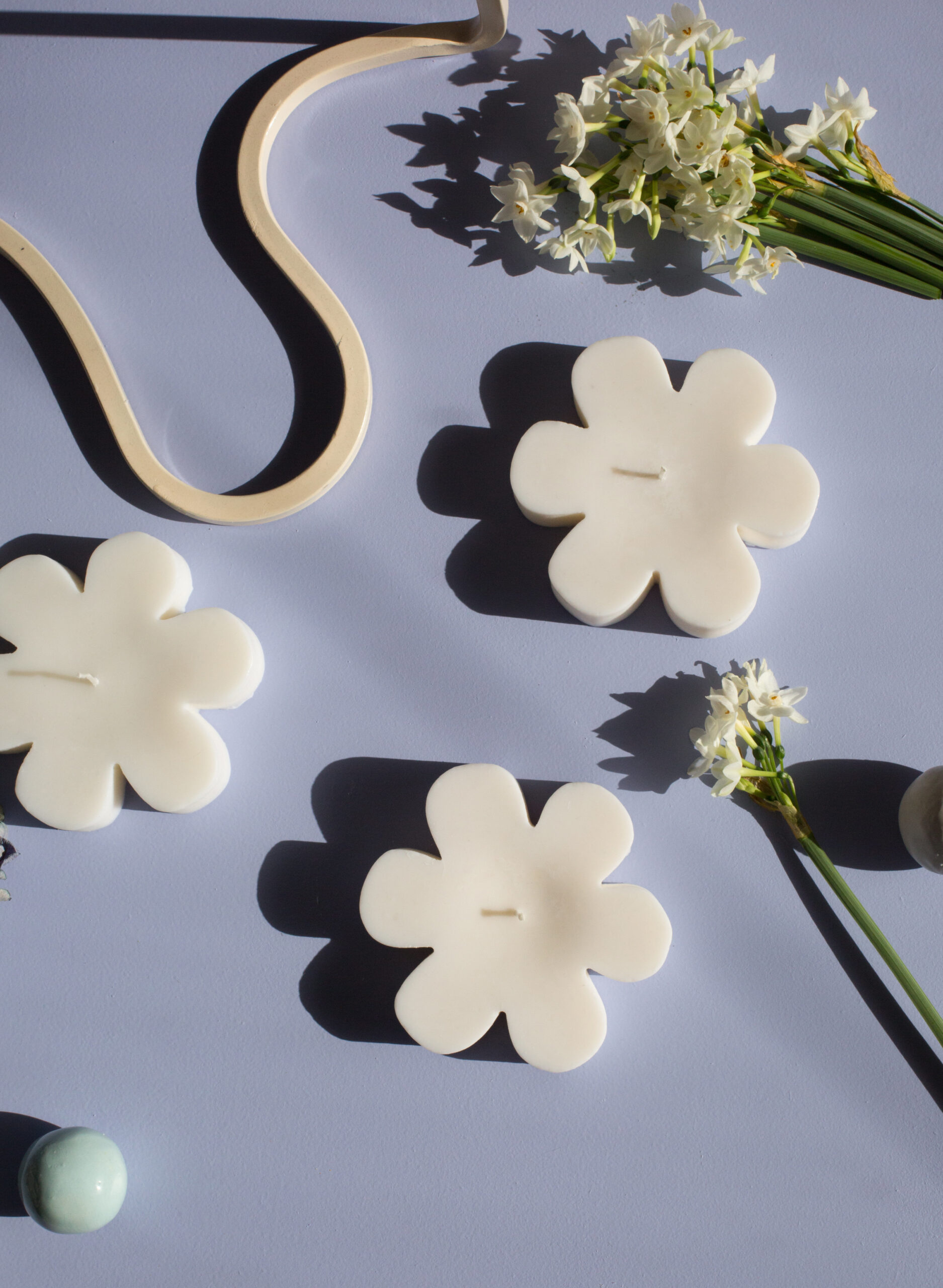The thrills of salty ocean air and the thundering of horse hooves at low tide are what’s made Karekare’s annual Beach Races a cherished West Coast tradition – due this summer to celebrate their twentieth year.

I moved to the wild west Auckland coastal settlement of Karekare seven years ago, and as a newbie in the area, I’d make up names to help me identify various locals in the valley.
One of the first, and most striking, was the horse lady. Seeing her in a cowboy hat and chunky riding boots, or at the wheel of a huge four-wheel drive, her silver hair framing her face, I’d wonder who this tall, perpetually busy woman was. Wherever the horses were, she always was.
One day the horse lady popped over to my house to ask if I could lock the paddock gate behind her while she walked some horses to the next paddock. She was clearly in her element, calm and in control. I knew she wasn’t a professional breeder or horse-trainer, so I was curious as to why she had so many horses for no evident purpose.
Caroline Grover, I discovered, was one of those rare people who do things simply for the love of them. In the case of horses, there’s a name for it. It’s called hippophilia. “It’s like a disease,” says Caroline. “It just gets hold of you.” And for the past 40 years, she’s remained happily uncured of an all-encompassing love of horses.
Caroline moved to Karekare from England in the 70s. She’d been riding back in the UK, but it was in the Waitakeres that her passion for rearing horses was truly cemented. Soon after arriving, Caroline met fellow horse-lover Kim Conway and they’ve been the local horse ladies ever since. Together Caroline and Kim own and care for nine horses – some ex-racers, or their offspring, others adopted from friends.
“We choose to live in this small community and it’s important to keep asking what can you do that is both community and family focussed, and what benefits both,” says Kim. Horses provided the answer.
The sense of community shared by the two friends has seen Caroline and Kim play an instrumental part in organising the annual Karekare Beach Races fundraiser. This summer, on April 6, the races will be 20 years old; a phenomenal milestone for this tiny beach community.

The first race day was held back in 1984 as a fundraiser for Karekare’s Lone Kauri Road primary school, local fire service and surf life-saving club – all integral community establishments. Karekare’s infamously wild surf means that a surf club has existed at the beach in some form since the early 1900s, but the local primary school only began in the mid-70s.
As the community grew, it was soon evident that the children needed a better-resourced local school, as the alternative primary school was a 45-minute drive away. The old school building desperately needed upgrading, the lack of a local fire brigade was too great a risk for the remote community and the notoriously rough beach couldn’t do without a well equipped surf life-saving club.
Caroline and Kim joined forces with other locals Michael and Phil Foster, and set themselves the task of raising funds with whatever little they could. The idea of a horse race along Karekare Beach was born.
Kim’s father, Clyde Conway, was a well known race-horse trainer who’d restarted the once-famous Waiheke Races after a gap of nearly 50 years. Growing up, Kim had watched her father train his race horses on the beach, an approach based on the belief that training horses in their natural environment develops their best instincts, which in turn helps them become the best performers on the track. Kim has drawn on this simple philosophy and adapted it to raising and riding horses in Karekare, even though they’re not professional track-racers. “What could be better for them, really?” Kim asks.
Roughly an hour’s drive from Auckland, Karekare has no local shop, cafe or community centre. The beach is the life centre of the community, the place where locals are likely to meet and commune – and never in greater numbers each year than at April’s race day. Riders young and old, thoroughbreds, ponies and hacks arrive from as far as Kaikohe, Warkworth and Pukekohe. The result of this collective effort raised nearly $20,000 for the community in 2013. “Not a bad effort at all for a small place,” says Caroline, beaming with pride.

The legacy of horses at Karekare goes way back – including the hard yards put in by the stocky ponies of the settlers toiling to cut tracks, clear and settle the bush. In the late 1800s, when Karekare was a summer resort for settlers from Auckland and around Oratia, hardy holiday-makers would ride in a horse-drawn carriage for nearly a day in order to spend a weekend at Winchelsea House in the valley. The ‘cutting’ that today is a narrow road leading down from Piha Road, was once a stomach-lurchingly steep track that carriages would stumble down, dirt flying everywhere. Ladies nevertheless dressed to the nines – frills, lace, hats and all.
Given the challenges with travel, homing pigeons flew back and forth delivering messages between Karekare and Oratia. People staying in the valley would sometimes ride all the way down the beach to Whatipu and back, and in the downtime, horses would graze the meadows near Karekare Stream, where the car park is now.
Take the scenic weekend-afternoon drive out to Karekare today, and it’s hard to imagine that a place as remote, lush and peaceful as this has come through as tumultuous a history as it has. Only 20 percent of the forest area of the Waitakere Ranges is unmodified by logging or farming, but the area remains botanically rich, containing 20 percent of all New Zealand’s flowering species and 60 percent of all native fern species. Prior to the arrival of Maori about 1,000 years ago, the Waitakeres were covered with virgin forest, including extensive kauri groves. As the Maori population grew, some forest was cleared and burnt to create coastal land for habitation and cultivation.
Following the violent destruction inflicted by Nga Puhi and the Musket Wars on the pa of the tribe Te Kawerau a Maki of Karekare, the fertile valley lay fallow and desolate for a number of years. By 1853 the Crown had purchased the land and slowly, Pakeha settlement began in this hitherto untamed pocket of the Waitakere Ranges. What this entailed was large-scale, merciless logging of kauri – helped by horses which transported logs to a mill that stood in the valley.
Wholesale felling of kauri wreaked a great deal of damage, as did the process of dragging logs out of the rugged hills and down to the mills. By the 1920s, very little virgin forest remained in the Ranges, but fortunately what did remain was preserved for water catchment and park land. Since then, significant reforestation drives have helped reestablish native bush.
It’s a crisp winter morning when I trudge through ankle-deep sludge to meet some of Caroline and Kim’s horses in a sunny paddock at the top of Karekare’s Lone Kauri Road. The horses, a seemingly placid and tight-knit band, are happy to be fussed over by Caroline and Kim. It’s hard to believe they were the same horses I saw thundering down Karekare Beach last summer. Running free on the sand, horses embody the athletic glory humans have always found captivating to watch.
There’s Mr C, sweet Laddie, ex-racer Billy and Sparky, who was bred on the farm to race. Sparky is the son of the winning horse from the first Beach Races back in 1984, and has also won many times at Karekare. With victory in his genes, Sparky is now enjoying a well earned retirement.
“Those horses have made a lot of children’s lives happy … so many have learned to ride on them,” says Caroline, as we walk towards her home. The front entrance is flanked by baskets of apples picked for the horses. Saddles, bridles and harnesses hang on the stair bannister, and walls are covered in images of all things equestrian. Sifting through her files of yellowing newspaper cuttings and race programmes from the 1980s, Caroline reflects that the reason why the races have been a success all these years is that they combine two of the most exhilarating things to watch – “the thundering ocean, and horses thundering down the beach”.
Caroline taught most of the community’s girls to ride and her protégées are all on hand come race day, helping manage the horses and pony rides. The most recent Karekare Beach Races in 2013 featured nine thoroughbreds, plus miniature horses and several carriage races. The races are less about being the finest, fittest or fastest, and more an occasion to marvel at the animals as they bolt from the southern end of the beach to the northern. The horses clearly revel in the unbridled freedom of hooves on sand, nostrils flaring to take in salty air. It’s a priceless moment to witness, not quite matched by the $2 bet at the stalls.
Putting together an annual race and keeping it going for two decades is an impressive achievement – it involves convincing sponsors, riders and volunteers to all chip in. Caroline says the time might have arrived for the younger generation to take on this responsibility. Organising the race remains a challenge every year, and Caroline and Kim are keen to ensure the legacy of this event endures the test of time. “The races are a focal point for the community to get together behind a common cause,” says Caroline. “But those who started it aren’t going to be around forever, you know.” Although the numbers of equine athletes have dropped over the years, Caroline and Kim are hopeful that their West Coast tradition will live on.
There are evenings when you can walk down Karekare Beach and the only other life form you’ll see is a horse and rider silhouetted in the distance. On some days the damp air of Lone Kauri Road has trails of the leathery, grassy odour of horses as they trot up the hill. There are times when aside from the wind in the ferns, all you can hear is the rhythmic clip-clop of hooves on the asphalt leading to Farm Road. Gentle reminders such as these of the presence of horses, makes me hope their longstanding connection to Karekare won’t become a thing of the past. For many Karekare locals, home is where the horses are.







